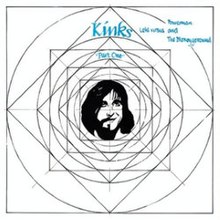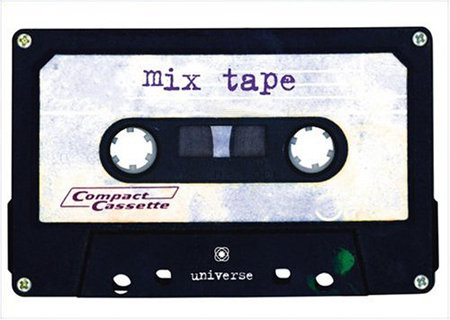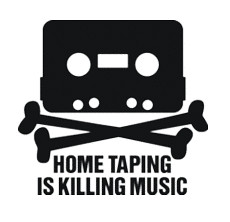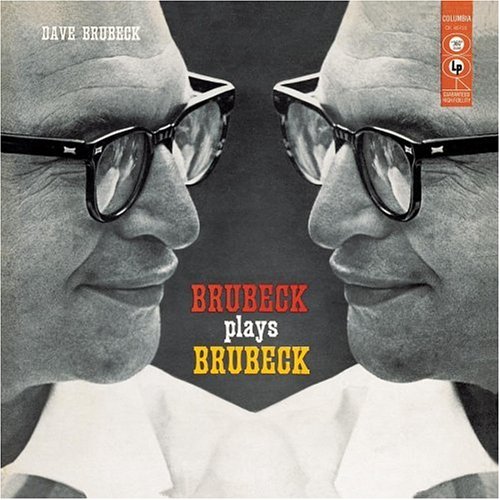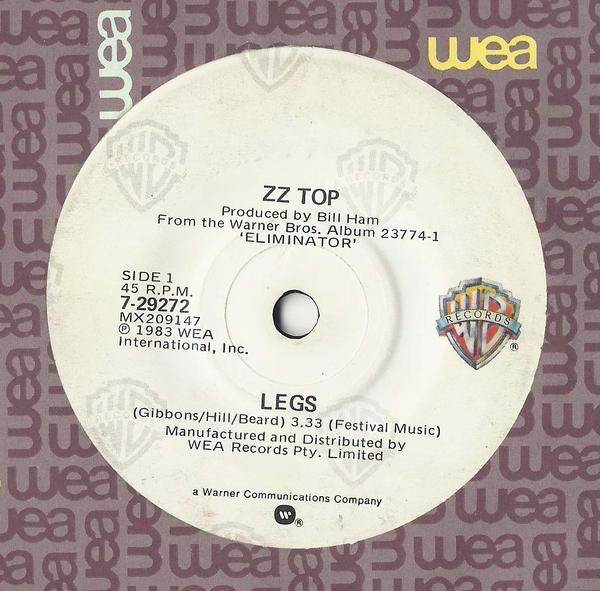
Here's a comparison for all the hipsters and the Gen-Y kids: Foreigner are to the late 1970s and 1980s as Nickelback are to the early 21st Century. For a lot of people, they are bland, boring, uninspired, insipid, generic, ordinary, cookie-cutter, and any other adjectives you can think of that hint at a band turning out the same old faceless crap as a number of other similar bands do, designed to sell as many records as possible.
And, like Nickelback, a hell of a lot of people like Foreigner's music. So you think everybody in 1979 was playing "London Calling" and "Unknown Pleasures" in their car and at parties? Buuuuzzzzzzzzz. WRONG! This was the stuff that people were playing then, and it sold millions of copies.
Unlike Nickelback however, Foreigner have moments where they can actually write a good song. They also have a singer who can carry a tune with considerable skill, even if Lou Gramm has a similar hairstyle to Nickelback's awful frontman Chad Kroeger.
I have some history with this record. With hindsight, it marks the time early in 1992 when I should have spent an extra three bucks and purchased Metallica's self titled LP on double vinyl - or something similar that would have some collectors value by now - instead of this from the same half price bin in my local record store. However, for a period, I gave this album a good whack at the time, and really I can't say my opinion of it has improved all that much.
Still, there are some moments here that are worthy of consideration. On most of the tracks, however, the lyrics can, at best, be described as insipid. But, at least in most cases they are carried along by some nice guitar riffs and some soaring vocals from Lou Gramm.
When Gramm steps back from the microphone and lets guitarist Mick Jones (not the Clash guitarist, sadly) have a go, that's when the album takes a nose-dive. Of his two songs here, one is barely passable ("Back Where You Belong") and one is purely execrable ("I've Been Waiting So Long"). Even the formless and pointless instrumental "Tramontane" trumps this pile of crap.
The easy option is to blame commercial, classic rock radio for playing the hell out of "Hot Blooded", but then if the song wasn't so catchy and accessible, they wouldn't play it at all. Despite some of the lyrics being cringeworthy, that guitar riff is classic. I bet you're humming it in your head as you read this.
"Blue Morning, Blue Day" is a lost classic - the layers of sounds, the riff (of course), the interweaving piano and synth lines and descending melody line are moody and broody. "Double Vision" has another great riff, along with "Lonely Children". Both chug along with some compulsion making them worth a listen.
"You're all I Am" has a history with me that I really don't wish to revisit. It is one of the band's earlier attempts at power-ballad grandeur that they would go on to etch into the brains of millions of listeners (some unwillingly!) in the 1980s.
The rest of the tracks I haven't mentioned are ok, but they are really nothing special. They're average slabs of arena-ready rock that don't really stay in your head after they've finished playing.
I class this album as a "stepping stone" onto other things. You can't work out that something sucks until you've got something to compare it to. As one gets older and their tastes develop, one either tends to reflect back on records from the past with rose coloured glasses or with abject horror and embarrassment. I reflect on this album with neither; I thought this was only really a 6 or 7 out of 10 record from the outset. There are songs on here that I genuinely like, but I'm happy to listen to them divorced from the LP they originally belonged to...
The album, via Spotify, is provided below. Have a listen and make up your own mind. Leave me a comment if agree, or don't agree on my assessment of it. Either way, enjoy.

